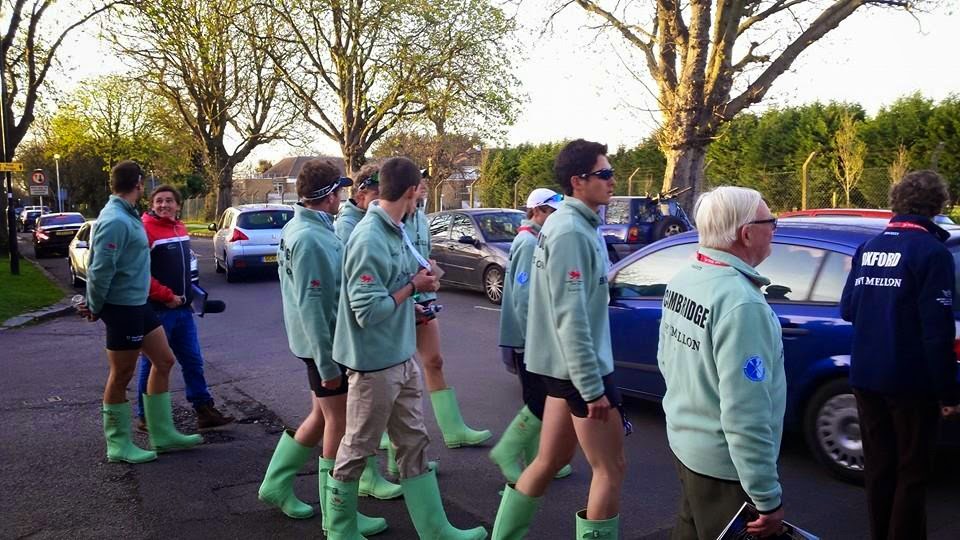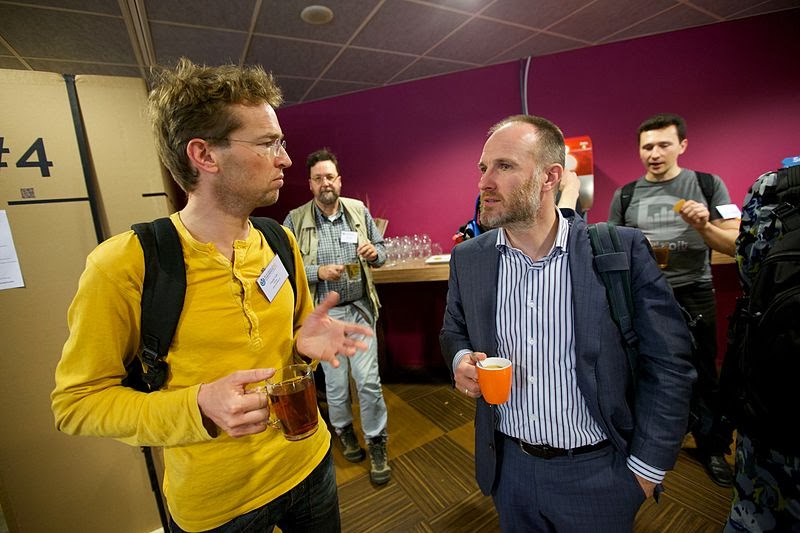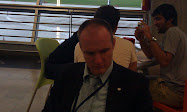
"Have fun in your command. Don't always run at a breakneck pace. Take leave when you've earned it: Spend time with your families. Corollary: surround yourself with people who take their work seriously, but not themselves, those who work hard and play hard."
Herb Kelleher of Southwest Air and Anita Roddick of The Body Shop would agree: seek people who have some balance in their lives, who are fun to hang out with, who like to laugh (at themselves, too) and who have some non-job priorities which they approach with the same passion that they do their work. Spare me the grim workaholic or the pompous pretentious "professional;” I'll help them find jobs with my competitor.




















